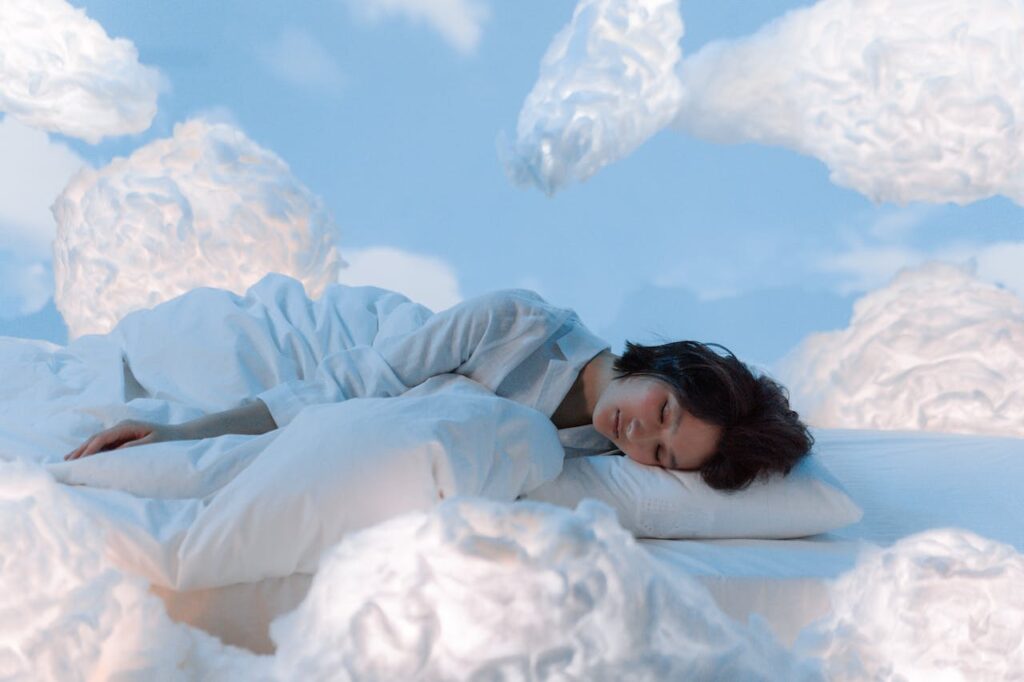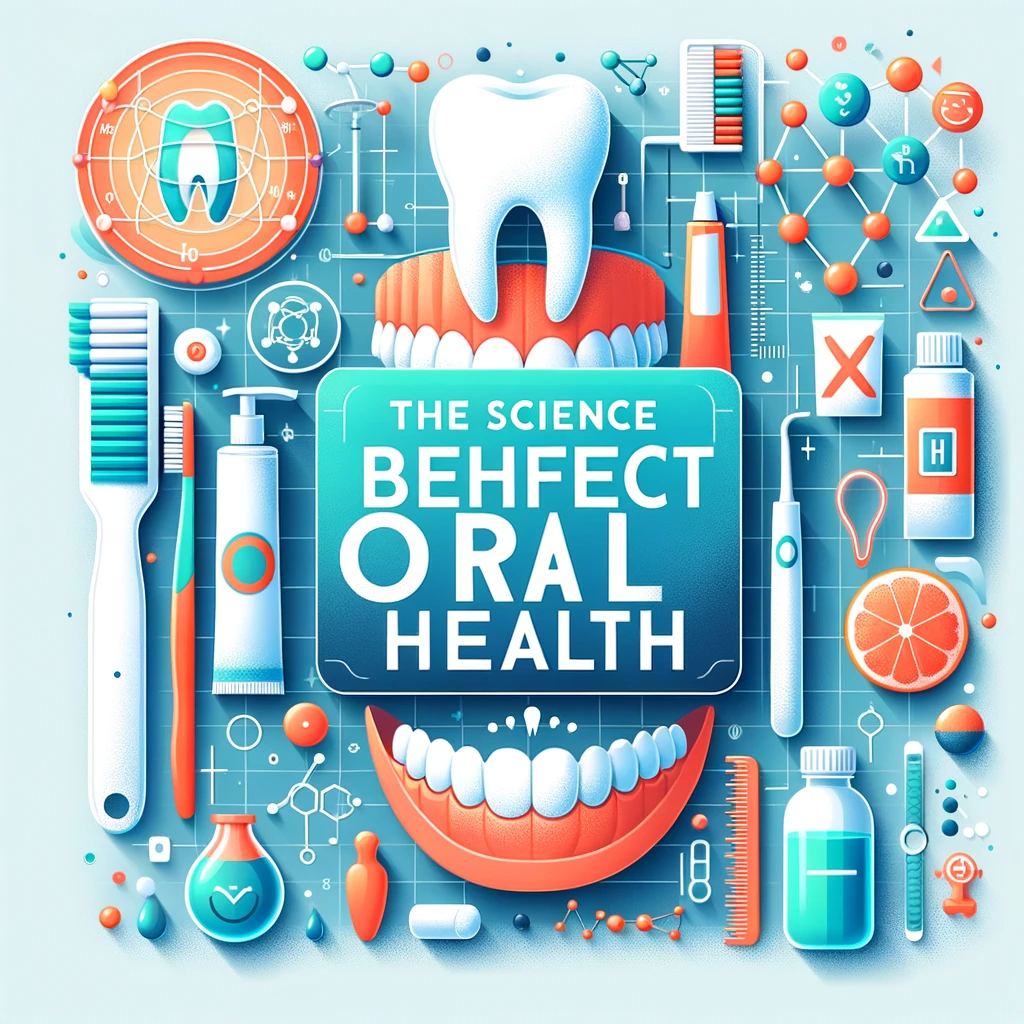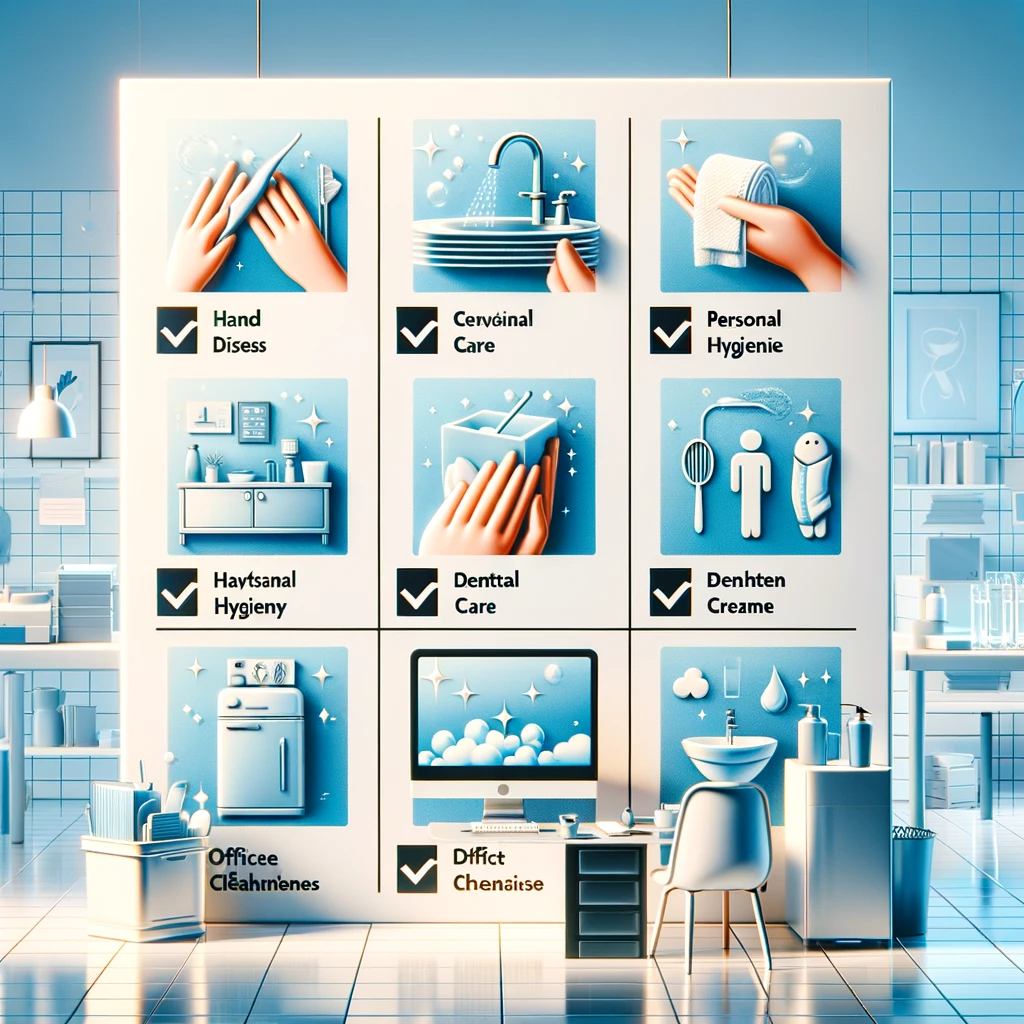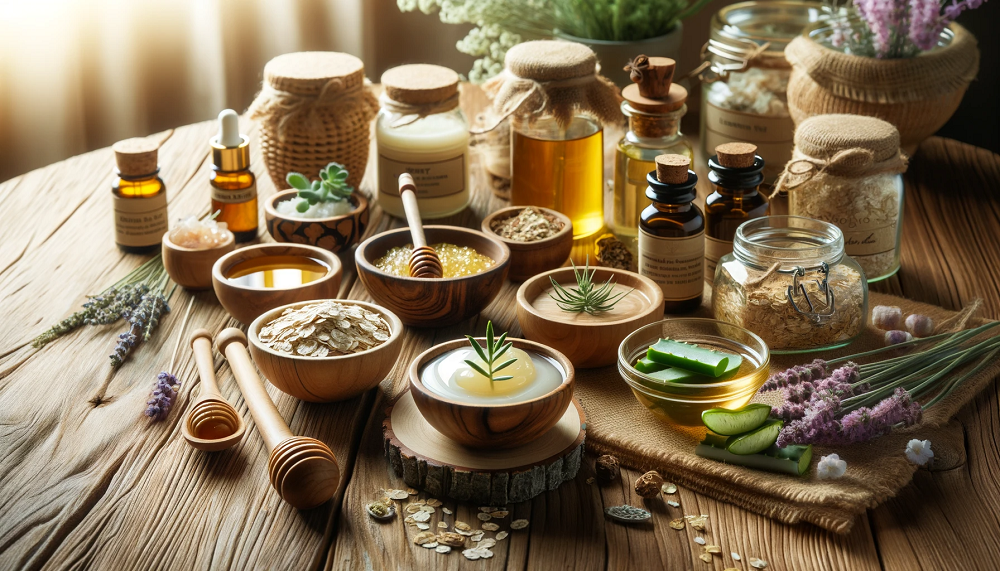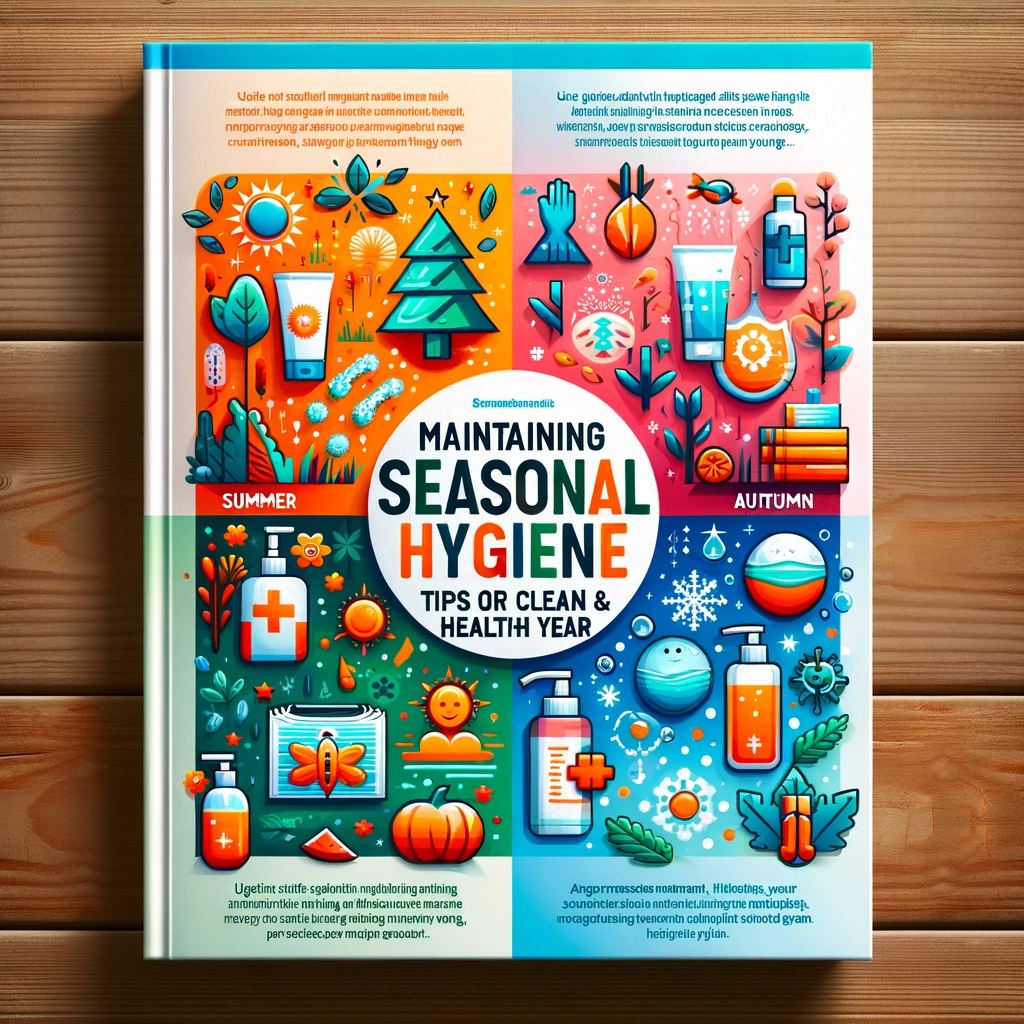Impact of Sleep: In today’s fast-paced world, the importance of sleep is often overlooked, especially when considering its impact on personal hygiene. This comprehensive exploration delves into the multifaceted relationship between sleep and various aspects of hygiene, revealing how integral quality rest is to maintaining not only our health but also our appearance and wellbeing. From the rejuvenation of skin and hair to the maintenance of oral health and even the subtleties of body odor and nail strength, sleep plays a pivotal role. Furthermore, we’ll explore practical strategies for enhancing sleep quality, thereby directly improving personal hygiene routines. This article aims to shed light on the often-underrated yet crucial connection between getting adequate rest and maintaining optimal personal hygiene, offering insights and practical tips to harmonize sleep patterns with daily hygiene practices.
Understanding the Impact of Sleep on Personal Hygiene
The Fundamental Link Between Sleep and Hygiene
Sleep isn’t just a period of rest; it’s a crucial time for the body to repair and rejuvenate. The impact of sleep on personal hygiene is profound, as it affects everything from skin health to oral hygiene. Understanding this relationship is key to maintaining not only a healthy mind and body but also a well-groomed appearance.
How Sleep Affects Various Aspects of Personal Care
While asleep, the body undergoes various processes that are essential for maintaining good hygiene. From skin cell regeneration to the balancing of hormones that control sweat and oil production, sleep touches every aspect of our hygiene.
The Science Behind Sleep and Skin Health
The Role of Sleep in Skin Repair and Regeneration
During sleep, our skin goes through a regeneration process. This is when the skin repairs damage from UV rays, pollution, and other environmental stressors. Lack of sleep can disrupt this process, leading to skin issues like acne, dullness, and even premature aging.
Optimizing Your Sleep for Maximum Skin Health
Achieving the right amount of sleep, typically 7-9 hours for most adults, is essential. Additionally, the quality of sleep matters. Ensuring a dark, quiet, and comfortable sleeping environment can enhance the skin’s repair process during the night.
Sleep Deprivation and Its Effects on Oral Hygiene
Understanding the Link Between Sleep and Oral Health
Poor sleep can lead to weakened immune responses, making one more susceptible to oral infections like gingivitis. It can also influence habits that negatively impact oral health, such as late-night snacking or neglecting nighttime brushing.
Combatting the Effects of Poor Sleep on Oral Health
To mitigate these effects, establish a regular sleep routine and practice good oral hygiene before bed. Also, staying hydrated and avoiding sugary or acidic late-night snacks can help maintain oral health.
How Quality Sleep Can Improve Hair Health
The Connection Between Sleep and Hair Vitality
Hair growth and health are significantly influenced by sleep. During sleep, blood flow increases, delivering more nutrients and oxygen to the hair follicles, which is essential for hair growth and strength.
Tips for Leveraging Sleep to Enhance Hair Health
Using a silk pillowcase can reduce hair breakage. Also, minimizing stress through adequate sleep can lower the risk of hair loss conditions like telogen effluvium.
The Role of Sleep in Maintaining a Healthy Body Odor
Sleep and Its Impact on Body Odor
The quality and quantity of sleep can significantly influence body odor. During sleep, the body regulates hormones and detoxifies, processes that are crucial in controlling body odor. Poor sleep can disrupt these processes, leading to more pronounced body odor.
Strategies for Reducing Body Odor Through Better Sleep
Prioritizing sleep hygiene is essential. Creating a relaxing bedtime routine, maintaining a cool, comfortable sleep environment, and avoiding stimulants like caffeine close to bedtime can improve sleep quality, thereby helping regulate body odor.
Sleep Patterns and Their Influence on Nail Health
Understanding the Sleep-Nail Health Connection
Nails, like skin and hair, require adequate sleep for optimal health. Sleep deprivation can slow down nail growth and lead to brittle, weak nails. This is because sleep is a time when the body repairs and regenerates tissues, including those in nails.
Promoting Nail Health Through Improved Sleep
Consistent sleep schedules and ensuring sufficient sleep duration are key. Additionally, incorporating a balanced diet rich in vitamins and minerals can support nail health, further amplified by good sleep patterns.
Practical Tips for Enhancing Sleep Quality for Better Hygiene
Creating a Sleep-Inducing Environment
A comfortable mattress, the right pillow, and a dark, quiet room are fundamental for good sleep. Also, maintaining a cool temperature in the bedroom can enhance sleep quality.
Lifestyle Adjustments for Better Sleep
Establishing a regular sleep schedule, limiting screen time before bed, and engaging in relaxation techniques like meditation or a warm bath can significantly improve sleep quality. Adequate physical activity during the day can also promote restful sleep.
The Connection Between Sleep and Hygienic Routines
Integrating Sleep into Your Hygiene Routine
A consistent sleep schedule can make it easier to maintain regular hygiene routines. For instance, brushing and flossing before bed become a natural part of the nighttime routine.
The Psychological Impact of Sleep on Self-Care Motivation
Good sleep can enhance mood and energy levels, making one more likely to engage in hygiene practices. It’s a positive cycle: better sleep leads to more energy for self-care, and good hygiene can improve sleep quality.
Final Thoughts:
The intricate connection between sleep and personal hygiene is undeniable and significant. This exploration has highlighted how quality sleep contributes to various aspects of personal hygiene, from skin and hair health to oral care and body odor. By understanding this relationship, we can take proactive steps towards improving our sleep patterns, which in turn positively impacts our overall hygiene and health. The practical tips and insights provided offer a roadmap to achieving better sleep, leading to not only a healthier body but also a more confident and well-groomed appearance. Remember, investing in good sleep is not just about resting the mind and body; it’s about nurturing every aspect of our personal wellbeing. As we close this discussion, it’s important to remember that a small change in our sleep habits can make a significant difference in our daily hygiene routine and overall quality of life.
Frequently Asked Questions (FAQs)
Q1: How does sleep affect skin health?
A1: Sleep plays a crucial role in skin health by facilitating the repair and regeneration of skin cells. Poor sleep can lead to issues like acne, dullness, and premature aging, as the skin misses out on essential repair processes that occur during sleep.
Q2: Can lack of sleep impact oral hygiene?
A2: Yes, lack of sleep can weaken the immune system, making one more susceptible to oral infections. It also influences habits that can negatively impact oral health, such as neglecting nighttime brushing or consuming late-night snacks.
Q3: What is the relationship between sleep and hair health?
A3: During sleep, blood flow to the scalp increases, providing nutrients and oxygen to hair follicles, which is crucial for hair growth and strength. Poor sleep can lead to hair loss and lackluster hair.
Q4: How can improving sleep reduce body odor?
A4: Quality sleep helps regulate hormones and detoxify the body, processes that control body odor. Improved sleep hygiene can therefore help in maintaining a healthy body odor.
Q4: Does sleep affect nail health?
A5: Yes, adequate sleep is important for nail growth and strength. Sleep deprivation can slow down nail growth and lead to brittle nails, as sleep is a time for tissue repair and regeneration, including nail tissues.
Q6: What are some tips for enhancing sleep quality?
A6: Tips include creating a comfortable sleep environment, maintaining a cool bedroom temperature, establishing a regular sleep schedule, reducing screen time before bed, and engaging in relaxation techniques.
Q7: Can better sleep improve hygiene routines?
A7: Yes, good sleep enhances mood and energy levels, making one more likely to engage in regular hygiene practices. A consistent sleep schedule also helps in integrating hygiene routines into daily life.
Q8: How much sleep is required for optimal hygiene?
A8: Most adults require 7-9 hours of sleep per night. However, individual needs may vary, and it’s important to listen to your body and adjust accordingly for the best results in personal hygiene.
Q9: Are there any specific dietary considerations for better sleep?
A9: A balanced diet rich in fruits, vegetables, whole grains, and lean proteins can promote better sleep. Avoiding heavy meals, caffeine, and alcohol close to bedtime is also recommended.
Q10: Can stress affect the relationship between sleep and hygiene?
A10: Yes, stress can negatively impact both sleep quality and personal hygiene routines. Managing stress through relaxation techniques, regular exercise, and adequate sleep can help maintain this balance.

